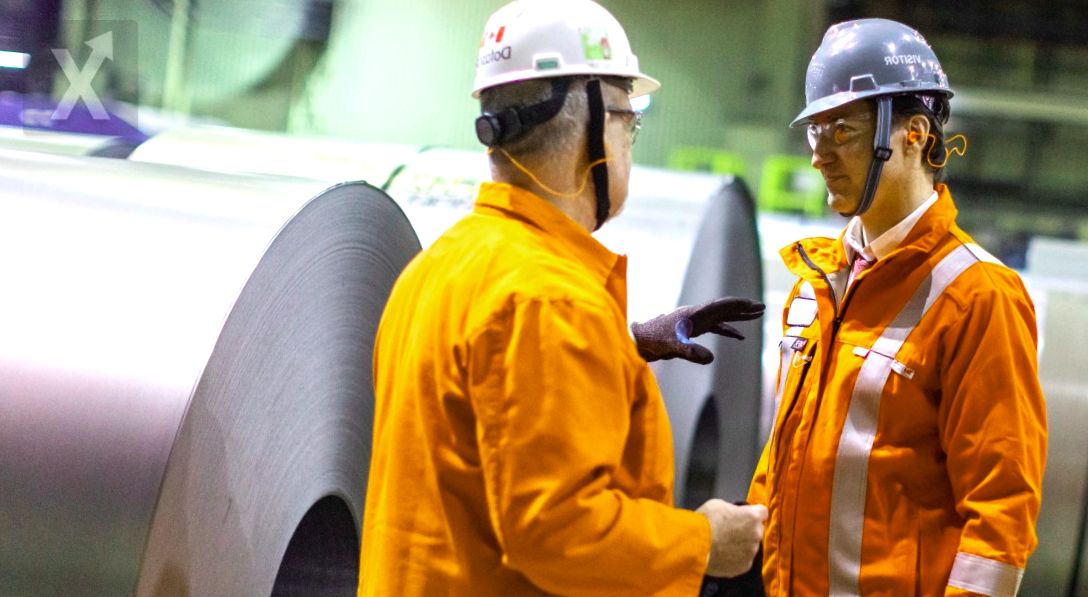Wage Increases Without Productive Growth Will Generate Inflation

It's a positive development that wages in Mexico have increased in recent years; however, productivity has not risen, which will lead to inflationary pressures. In the previous six-year term, a policy was implemented to improve workers' incomes. Additionally, the demographic bonus in the country has changed.
The Chief Economist at Ve por Más (BX+), Alejandro Saldaña Brito, mentioned on Wednesday that "if wages continue to rise and productivity does not increase at the same pace, this will reflect inflationary pressures." Alongside wage increases, labor costs for companies have also gone up due to increased vacation time and contributions to social security. Regarding the non-core index, no decreases are expected in the short term, partly due to climate change and geopolitical factors. "Non-core inflation will likely experience significant volatility this year," he noted. Saldaña Brito also mentioned that in a context of extreme weather conditions and geopolitical tensions that could affect energy prices and trade commodities, it's unlikely that non-core inflation will return to normal levels in 2023. In this regard, he stated that consumption will remain strong, driven by necessary purchases, while spending on non-essential items "will not be as robust." Food inflation may also stay high, leading consumers to be more selective in their purchases, especially regarding non-essential items. In the core index, goods are not experiencing decreases, and inflation in services is not expected to drop significantly. BX+ anticipates that general inflation will close at 3.8% and between 3.7% and 3.8% for core inflation this year.
As for Mexico's economic growth, it is expected to be "flat" this year, with a GDP growth estimate between 0.9% and 1.5%. "Our projection is 1.2% for this year and 1.8% for 2026," Saldaña Brito pointed out. Additionally, fewer jobs are expected to be created, with a range of between 300,000 and 350,000 new positions registered with the Mexican Institute of Social Security. He also indicated that in the first half of the year, investment will be stagnant and will begin to normalize as the situation regarding tariffs and relations between Mexico and the United States becomes clearer. Although Pemex and CFE will continue to affect public finances, Saldaña Brito does not believe Mexico will lose its investment grade. Finally, he anticipates that the goals set by the Ministry of Finance will be met, with a fiscal deficit dropping to 4%.
In summary, while the increase in wages is positive, it is crucial that this is accompanied by growth in productivity to avoid inflationary pressures that could affect the economy. The key will lie in resolving geopolitical tensions and the climate changes impacting prices, while a focus on stronger basic consumption can help moderate adverse effects on the economy. The evolution of these variables should be closely monitored, as they will impact financial well-being in both the short and long term in Mexico.






